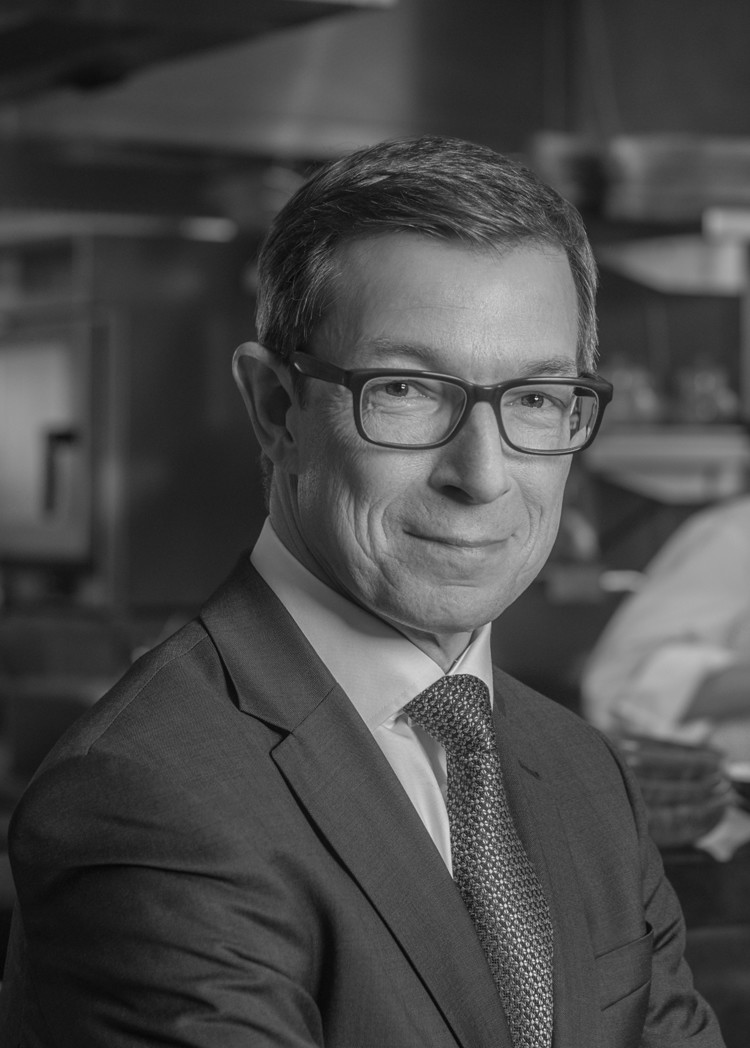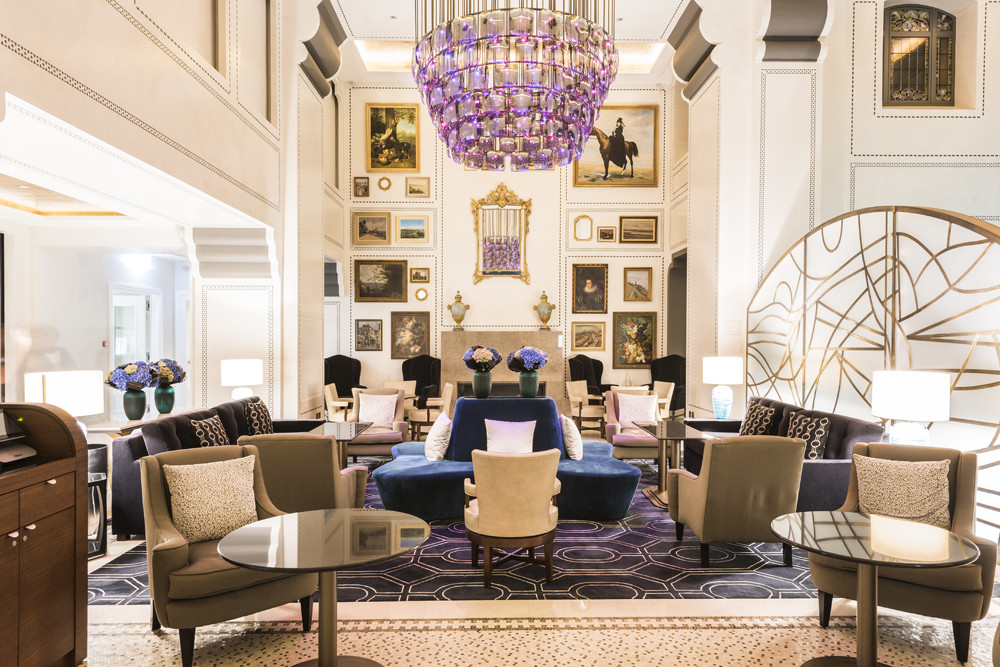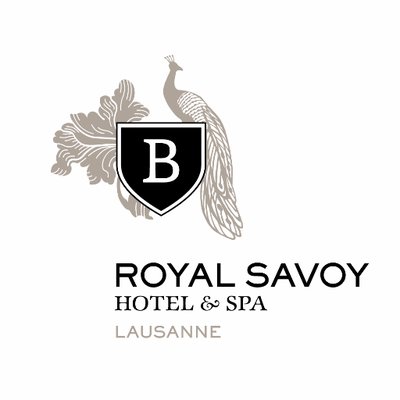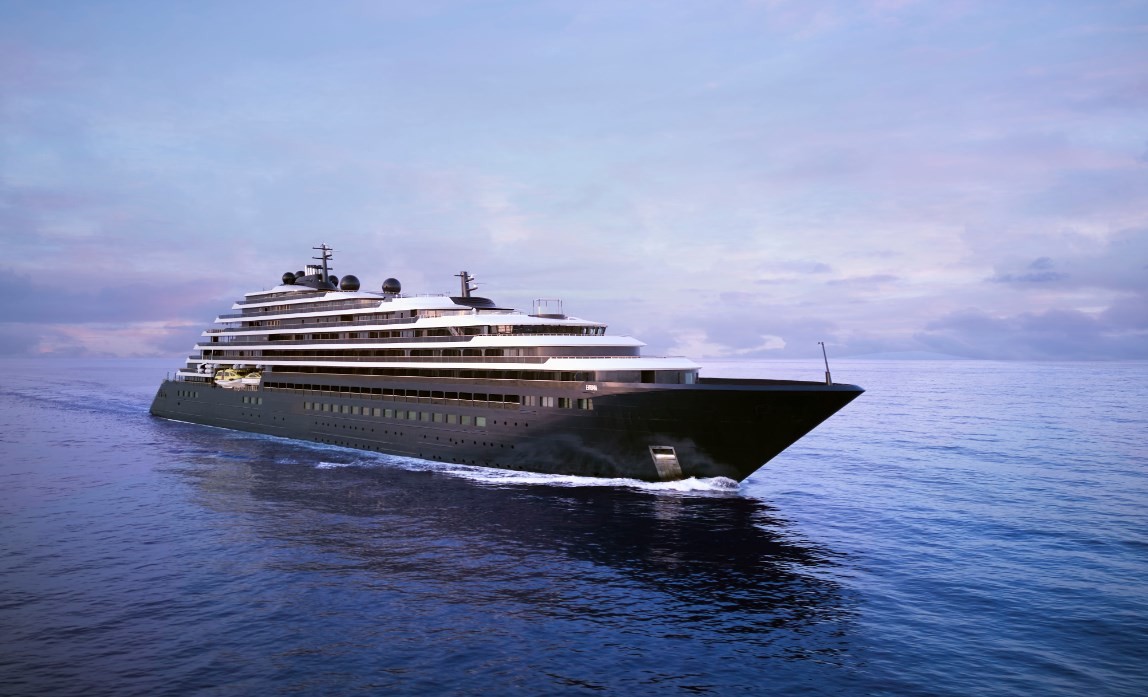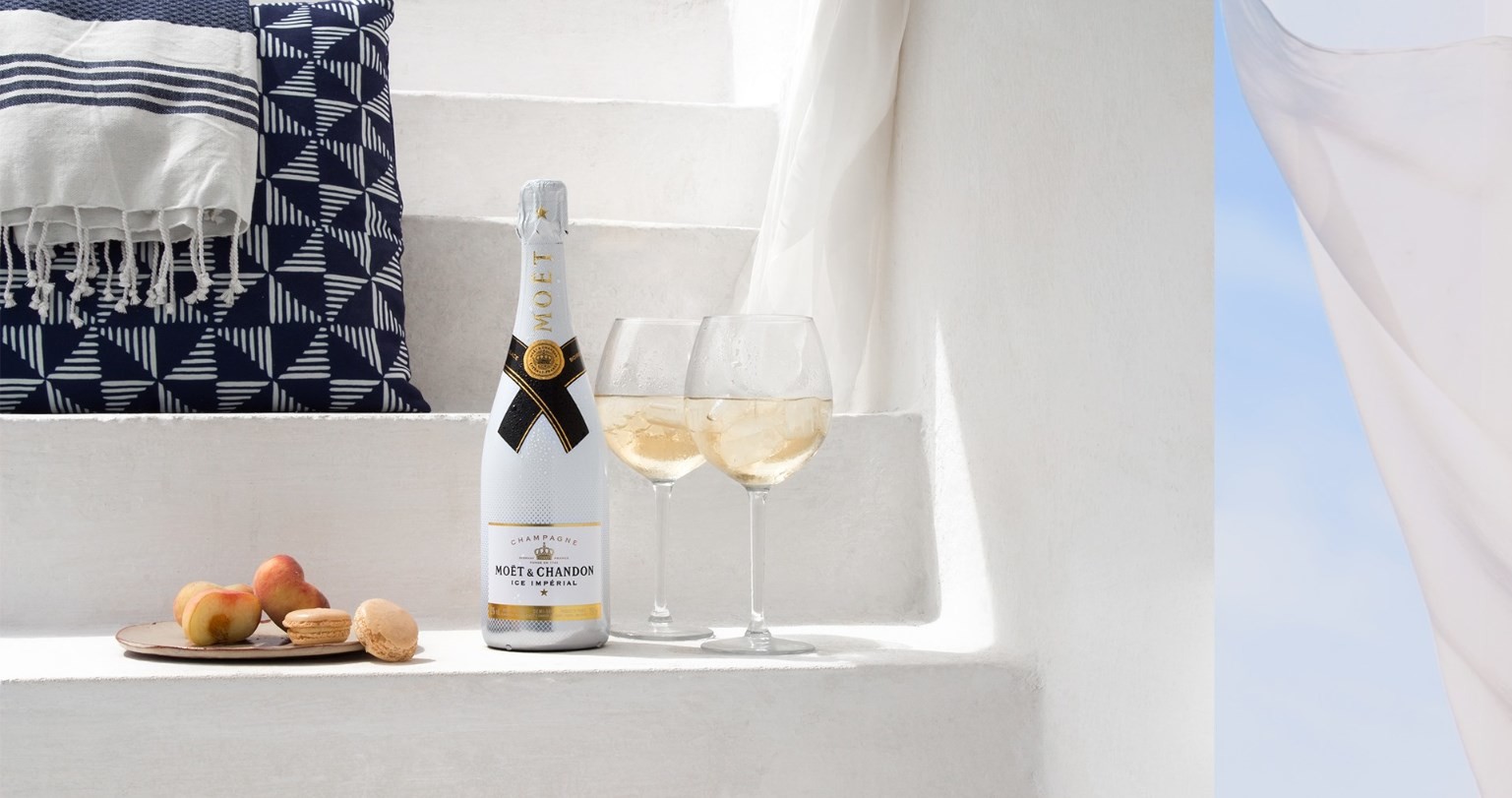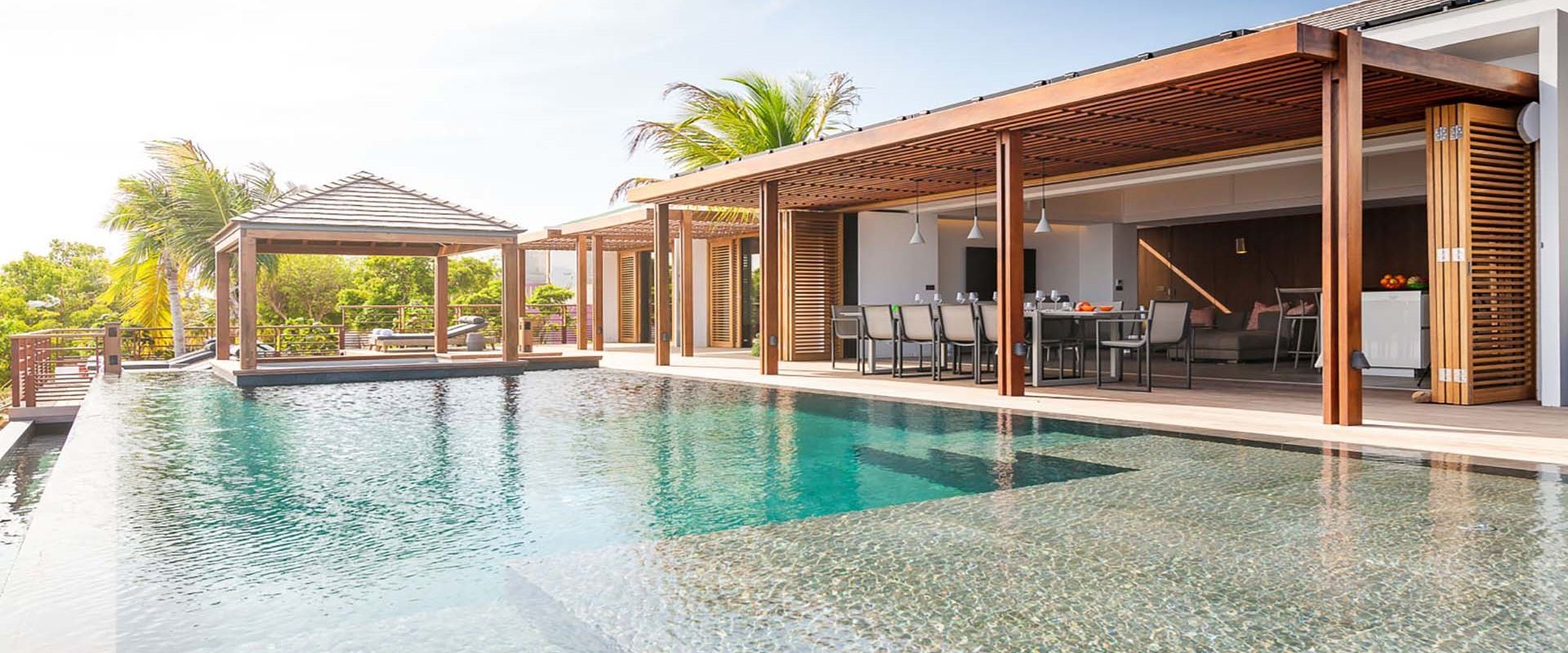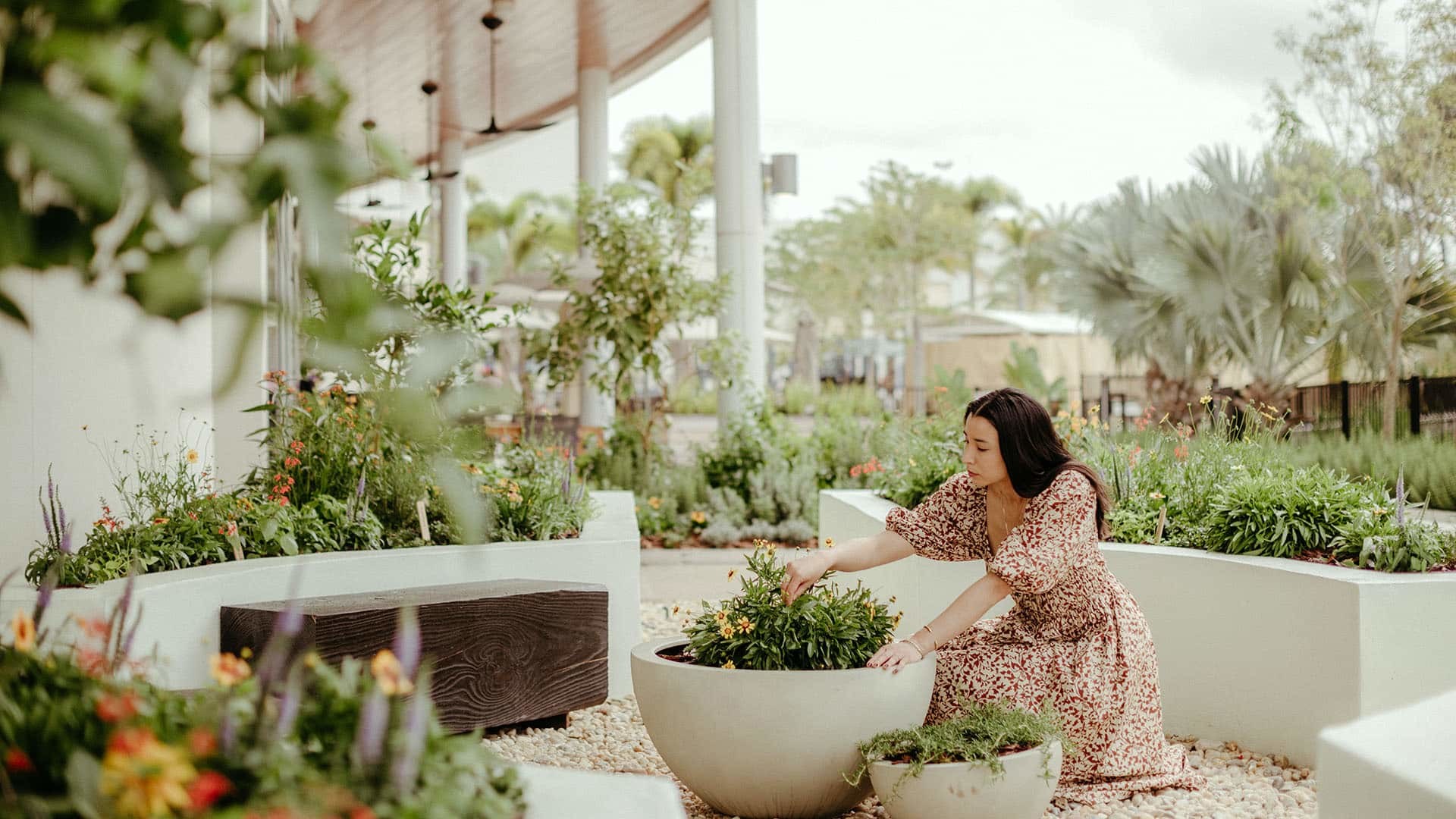From his career forged in Switzerland and internationally, at Montreux Palace (Director of Conference & Catering Services / F & B Manager), at Beach Rotana Hotel in Abu Dhabi (Executive Assistant Manager F & B / Resident Manager), at Khalidiya Palace Rayhaan by Rotana Hotel, in Abu Dhabi (General Manager) as well as in Shangri-la Jakarta (Hotel Manager), Alain Kropf conveyed a vision of the hotel industry based on donation and exchange. General manager since 2014, he has been weaving a link between the historic address and environment of the Royal Savoy Hotel & Spa Lausanne***** (Bürgenstock Selection). Alain Kropf sees the luxury hotel industry of tomorrow no longer as the privilege of a few but as living, transmission and sharing spaces. Relying on the exceptional setting offered by the Royal Savoy, his faith in his profession as a hotelier is expressed by an openness while keeping excellence in mind.

Vendom.jobs - Switzerland has a real heritage of high-end hotels. During your career, you have worked in recent luxury destinations. What have these experiences given you regarding your current vision of the sector in Switzerland?
Alain Kropf - I spent about 20 years abroad. So, I was able to benefit from different perspectives and cultures of the hotel business. I think I brought back a different vision of the way we offer service. For example in Asia, but also in the Gulf countries, there is an almost innate sense of the notion of "being of service to".
The act of "being of service to" is too often seen in Europe as a form of submission when it is a very noble practice. As when you receive guests in your home, you put yourself at their service. It is therefore necessary to put into perspective, in our profession, what this approach means in depth. The younger generations are, in fact, particularly receptive because they see the beneficial aspect of this type of behaviour. There are few jobs where you are lucky enough to receive 90% positive feedback. Even though these are demanding professions, which require a lot of listening and a sense of psychology, this rewarding aspect needs to be brought back and a virtuous circle needs to be created.
V.J. - What are the new challenges that the upscale Swiss hospitality could face in the coming years?
A. K. - The Swiss hotel tradition is very well known internationally, in particular because many General Managers come from Swiss hotel schools. The American market, among others, has quite a positive view of our know-how.
I think our biggest problem is finding investors who are willing to commit funds to expensive ancient buildings. This is certainly our biggest challenge. We should rethink our vision of the luxury hotel industry and give it more agility. At the Royal Savoy, we have realized that keeping a minimum of activity, staying open for a minimum of customers, requires a considerable staff. We must therefore be able to streamline our procedures. The last challenge to overcome is to find the next generation but also to make people want to stay. Our professions are very demanding, and the financial counterpart often does not follow this demand for personal investment. The whole branch would have to be reorganised.

V.J. - In this case, how do you make hospitality jobs attractive again?
A. K. - I think that schools should promote more the charm of the profession and less the retributive aspect. On the other hand, we hoteliers must also rethink our managerial structures, which are still far too hierarchical. The younger generations do not want that anymore. They need to find meaning and feel engaged in what they are doing. Our management style must therefore become more flexible. We are currently working internally on these areas. It is necessary to delegate more responsibilities because the blockages often come from there. Flatten the hierarchy in order to leave more room for decision-making and individual accountability.
V.J. – What are the methods that you have in mind to identify and resolve these problems?
A. K. - At the moment, we are working with six final year students at the Ecole Hôtelière de Lausanne. Their "Student Business Project" is based on a survey of our employees in order to analyze how to improve working conditions and satisfy our employees. Different axes were then chosen, in particular "work context design" - how to improve the environment, work tools - and communication. On this last point, we realized that the presence of the CEO is important at all stages thanks to his unifying prerogatives but also his experience which makes it possible to untie seemingly simple situations.
V.J. - What advantages do you offer to your employees? How do you support them?
A. K. - We are in the process of setting up personalised training for our 180 employees. For the moment, there is not yet an integrated process common to the five addresses of the group, but we are trying to see how we could centralize and share the processes. Regarding the Royal Savoy, we rely on the department heads to establish the diagnostics, identify the shortcomings, and allow us to solve them. We are, for the moment, still in a swift way of proceeding.

V.J. - What advice could you give to young people who wish to pursue careers in the hotel industry and high-end gastronomy, in terms of training, strategy and attitude?
A. K. - I often say that young people today are more mature, smarter than our generations. However, we operate in fast-paced societies and they have the desire to adapt their careers to this dynamic, to climb the ranks quickly. I think this is a mistake. Careers are very long, and our job is above all practical. I would advise taking no responsibilities for the first three years of their career so that they take the time to go through all the departments, to observe and to learn. Responsibilities are a source of pressure, stress and do not allow you to be receptive and evolve. The field is the most important for gaining the experience and resources necessary for positions of responsibility.
V.J. - What is your position in relation to cross-border workers?
A. K. - Among our 180 employees, the vast majority are French - living in Switzerland or on the border - 20 are Swiss. We also have Portuguese employees, as well as from other European countries ...
V.J. - As a General Manager do you have a motto? If yes which one?
A. K. - I would not really say a motto but more a creed. I often tell my staff that we should, whenever possible, try to realise that a customer is first and foremost an individual who comes with their story. In the short timeframes with which we interact with them, we must strive to grasp their complexity. I make a point of making it clear to the people I work with that we are not here to rent rooms or workspaces. This is not the heart of our business. Our profession is based on people, people, that is what we have to put forward. It is even our business model in fact. People should not come to us just for a drink or to spend the night. We are currently working on this positioning. I want us to integrate the hotel into the life of the community around us. My aim is for people to come to live in the environment of the Royal Savoy, even if it is only for two hours to work, that he sees the hotel as a landmark, a place of life in its own right .
V.J. - What is your definition of the customer experience at the Royal Savoy Hotel & Spa?
A. K. - The sense of hospitality of course! Most of the feedback that we receive from our customers underlines the kindness, warmth, and availability of our employees. This is what I wanted to achieve when I arrived at the Royal Savoy, for people to feel good and for us to get to know their habits. All this requires a smile, attentions, kind words ...

V.J. - Have you integrated digital data operating systems such as CRMs into your customer relationship?
A. K. - Actually, we do it frequently for regulars or people coming for the first time, Swiss or foreigners… but it would be difficult to do it for the 50,000 people we welcome each year. Our primary focus is on exchange. Thus, my assistant also fulfills the role of Quality Manager and calls clients upstream of their stay to present themselves as their privileged interlocutor. We also rely on online reservation services to educate ourselves on the wishes of our guests. Following the stay, we offer a questionnaire whose personalised feedback allows us to refine our practices.
The holy grail of an hotelier is, of course, to meet and interact personally with each guest, which is difficult in a hotel with almost 200 rooms and suites. We also compensate for this lack with the data provided to us by social networks, which we analyse in order to gain a better practical knowledge of our guests.
V.J. - Could you tell us about the next developments you are thinking of for the Royal Savoy?
A. K. - I cannot get too in details on the next developments because we are still in the brainstorming phase, but we are delighted to welcome, since our reopening in June, a new young and talented chef, Thomas Vételé. Having visited the kitchens of Alain Ducasse, Christophe Raoux, and even Jean Maximin, he is of Breton origin and therefore genuinely concerned and informed about the current issues of "eating well" and preserving our ecosystems. He advocates simple, Mediterranean-inspired cuisine, and his creations resonate perfectly with our vision of fine dining at the Royal Savoy and with what our guests are looking for.
My wish is that the Royal Savoy, in the minds of people and especially locals, is no longer just a brand associated with drinking, eating, socialising, ... but that it be integrated into other aspects of social life, culture for example - thanks to exhibitions -, professional life - by having the possibility of renting a room, a communal table, etc. The Royal Savoy should aim to mean more than our business suggests. We also have beautiful gardens that we would like to share with people outside, schools for example. I want to open the hotel up to local life because people do not dare to venture. These great places must be discovered. People often have the impression of a heritage, hard to afford or reserved for the elite. I appreciate less and less a luxury hotel industry stuck in its inaccessible image and I think that we have in Lausanne a great opportunity to be able to try this experience of openness.
Hôtel Royal Savoy Lausanne*****
Avenue d'Ouchy 40
1006 Lausanne, Suisse
+41 21 614 88 88
https://www.royalsavoy.ch/en
(Photo credit: Royal Savoy Lausanne/1-©Robert Miller; 2-4 ©Reto Güntli)


